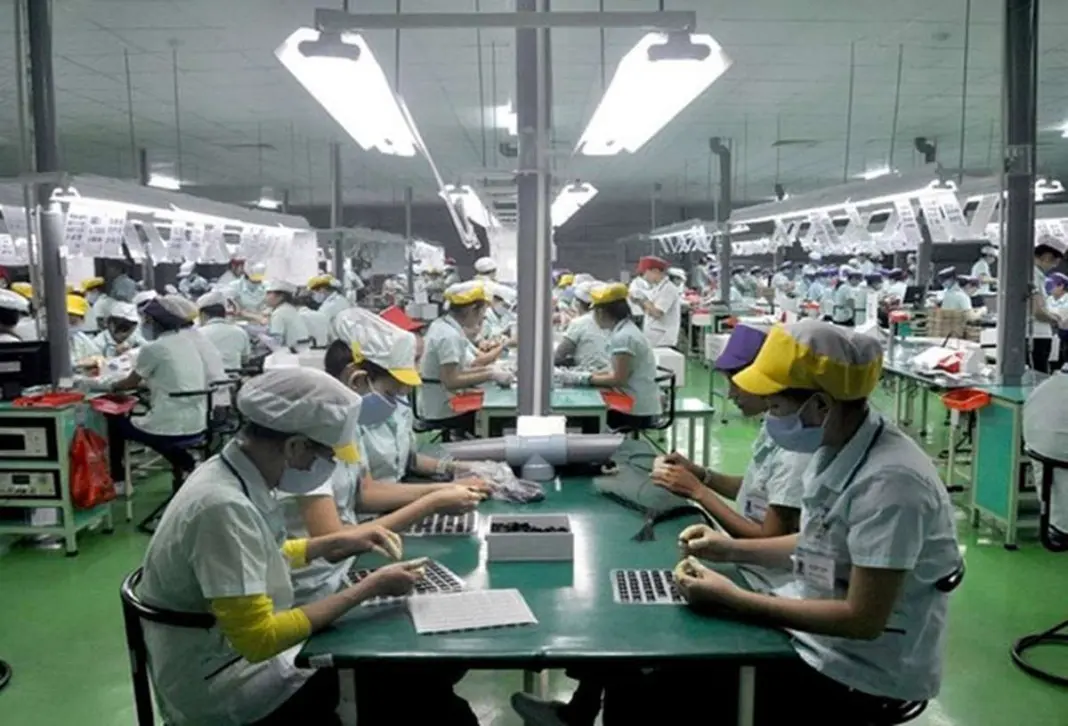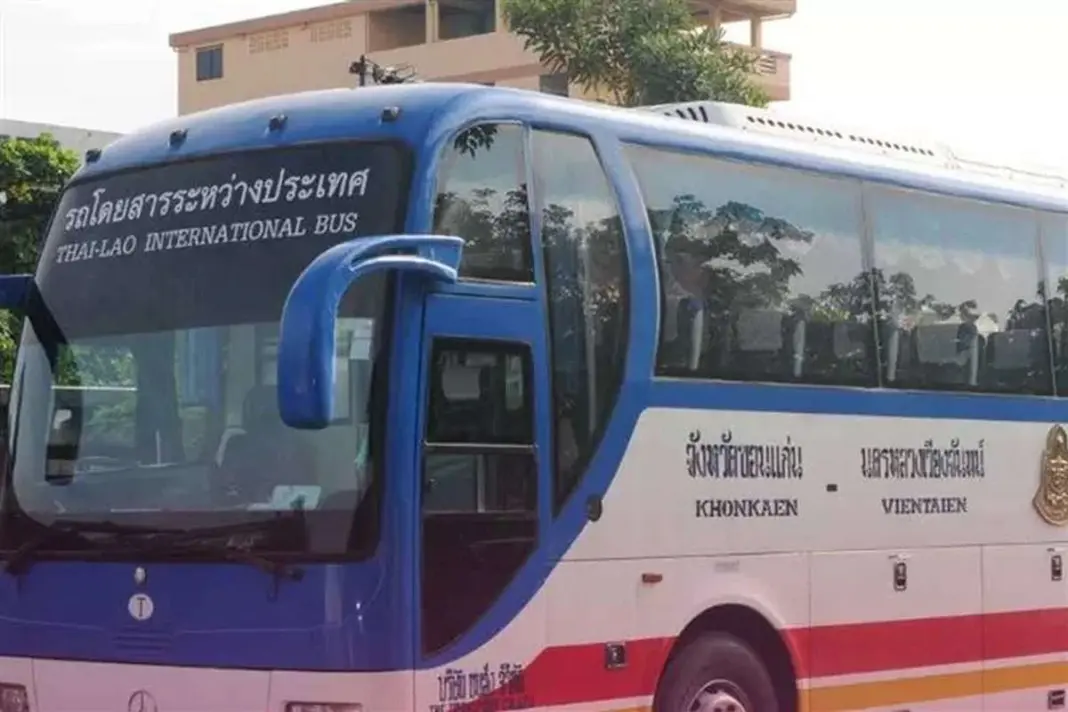Bangkok Unveils Landmark Plan for Migrant Worker Legalisation
Thailand announces a bold move to legalise up to 700,000 undocumented migrant workers from Cambodia, Laos, Myanmar, and Vietnam, aiming to address acute labour shortages and improve national stability.
Government Targets Labour Crisis with Sweeping Legalisation
On 6 October, Labour Minister Treenuch Thienthong reveals details of the historic legalisation drive, following a cabinet decision from 19 August 2025. The plan targets workers already employed in Thailand without legal status.
Minister Treenuch stresses, “When employers have legally registered workers under the protection of the law, it contributes to national stability.” She highlights the importance of labour market stability, public safety, and Thailand’s international reputation on human rights.
Authorities estimate around 338,000 migrant workers currently lack registration, including those with expired permits. Based on previous campaigns, officials expect 500,000 to 700,000 applications during this initiative.
How the Registration Process Works
From 15 to 29 October 2025, employers must apply online for work permits for their undocumented employees and pay fees through a 24-hour system. The application receipt serves as a temporary permit until 28 December 2025.
Employers are then responsible for arranging health checks, insurance, and biometric data collection with immigration authorities. Cambodian nationals must report to immigration every 60 days.
Once all steps are complete, authorities issue work permits valid until 14 October 2026. If a worker leaves Thailand, the special permit is revoked unless they hold a passport and long-stay visa.
Digital System Streamlines Applications
Thailand launches its new e-WorkPermit system at eworkpermit.doe.go.th on 13 October 2025. This 24-hour online service covers every stage, from application to approval.
Minister Treenuch says, “This service aligns with government policy to digitise public services.” She adds that the new system will make foreign labour management more modern, transparent, and accountable.
Economic Impact and Public Debate
The legalisation wave could ease pressure on Thailand’s economy. For example, 150,000 Cambodian workers make up 25% of the country’s construction workforce—without them, many projects would stall.
However, the move sparks debate. Supporters see it as a vital step against illegal labour; critics warn of potential strain on social systems. The main keyword, “migrant workers,” remains at the heart of the discussion.
As Thailand opens its doors for this 15-day registration window, the nation faces a crucial question: Will this reshape the labour market—or bring new challenges?




